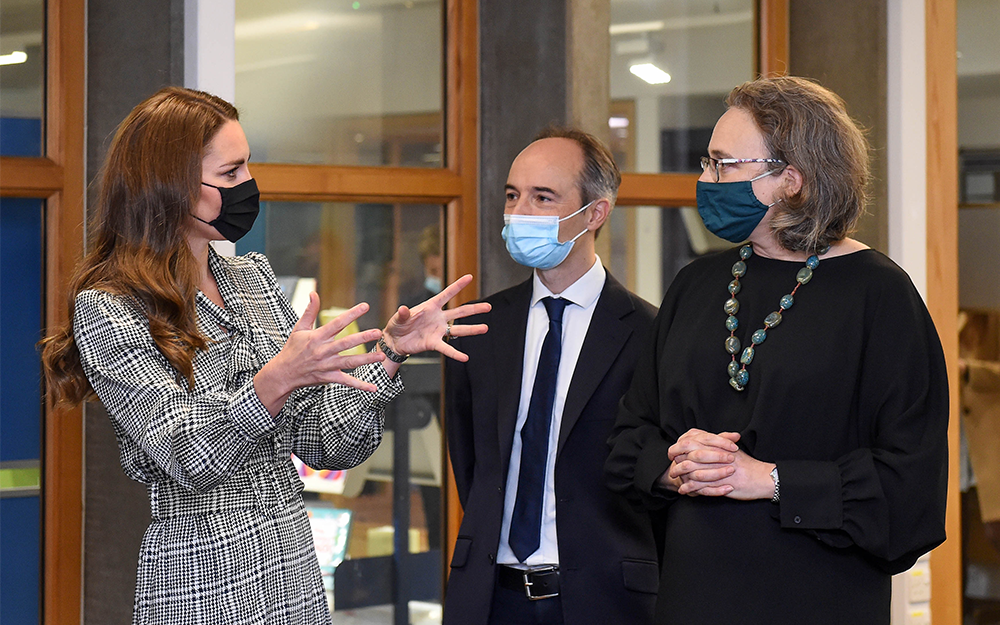The ‘Shaping Us’ campaign – a welcome spotlight on the early years
By Blog Editor, IOE Digital, on 3 February 2023

Catherine, Duchess of Cambridge, Professor Pasco Fearon, and Professor Alissa Goodman, during a 2021 visit to UCL. Credit: Parsons Media for UCL.
3 February 2023
It was exciting to be invited earlier this week to the launch of Shaping Us, the new Royal Foundation Centre for Early Childhood campaign to raise awareness of how important the early years are for shaping the adults we become.
At the launch, the Princess of Wales showed her obvious passion for and commitment to improving the lives of all children, from their earliest stages of life. Her serious personal interest in the deep scientific underpinnings for why the early years matter is also very striking. (more…)
 Close
Close








